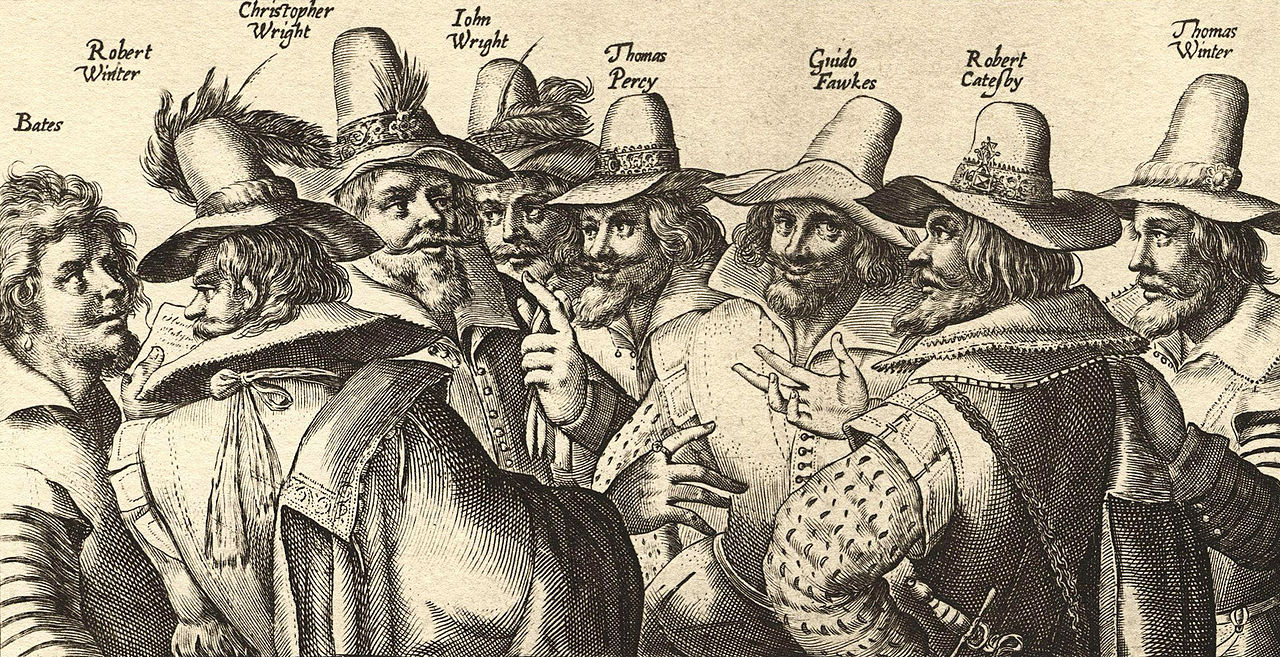Is climate change a hoax?
While the scientific debate over anthropogenic global warming seems settled in that human impact is the underlying cause with 95%-100% certainty, conspiracy theories regarding climate change and carbon emission reductions are still circulating. Here are the two most popular ones followed by a brief analysis.

1) „A multibillion-dollar worldwide industry, created by fanatically anti-industrialist environmentalists“ i.e. the green industry, has lobbied for the curbing of carbon emissions to secure their business interests.
This theory suggests that the green lobby has managed to influence policymakers to approve of anthropogenic global warming so that carbon emissions would have to be cut and low-carbon energy and products would profit. While it's true that the green industry has a lot to gain, but is it really in the position to successfully battle a far larger oil industry?
Let’s assess this by looking at the facts: fossil fuels account for 82% of global energy consumption, while renewable energy accounts for an estimated 10%, the rest being mostly nuclear energy. So, clearly there's a difference of revenue between renewables and fossils.
We can see this by looking at the list of top 100 largest companies on the planet, out of which there are 16 oil and gas corporations, having a total market value of 2 300 billion USD. Among the top 100, there isn’t a single renewable energy or otherwise „green“ company. While it is true that the green industry is a multibillion dollar industry (vs a multitrillion dollar fossil industry), it is fragmented into tens of thousands of companies. If you pit these two industries against each other, you get a fight between an elephant and an ant colony.
There’s proof of an unfair battle even in U.S. politics – the oil&gas lobby in the USA is the third largest after pharmaceuticals and insurance, spending about 144 million dollars in 2013, while renewable energy organisations and companies lobbied for five times less, around 30 million dollars. It would be unlikely to assume that a significantly weaker lobby and industry could yield a common agreement worldwide and in all the world’s major Science Academies who claim that global warming is happening and that humans play a significant role in it.
But scientific consensus doesn’t sway the true climate sceptic, which leads us to the second most popular theory:
2) Scientists secure continued research funding by manipulating with results and silencing critics.
Any scientist who has published peer-reviewed articles knows that funding is critical, and to apply to grants your work must appear important and relevant. There are two resources for getting research funded – government-funded universities and agencies, and corporations with research and development budgets. If climate change research was unimportant and biased, why would universities or governments collude on a global scale to only fund projects which further endorse an allegedly dubious claim? What possible interests would scientists have in corrupting research for the benefit of a single research area? If this was true, shouldn’t we expect corrupted scientific research to come out from all fields of science that are funded by governments?
As for corporate grants, their R&D money is usually invested into fields which hold long-term promises of financial returns, i.e. developing new solutions, technologies, materials, etc. Leaving aside the fact that research in climate change doesn’t provide any tangible products or solutions, the green industry couldn’t possibly have the financial power to compete with a fossil industry's research budget.
What about ClimateGate – didn’t it prove that the IPCC reports on climate change were manipulated?
Climategate began in November 2009 with the hacking of a server at the Climate Research Unit at the University of East Anglia, releasing thousands of e-mails and computer files, which allegedly showed that global warming was a scientific conspiracy in which scientists belonging to the UN-commissioned IPCC (Intergovernmental Panel on Climate Change) had manipulated climate data and suppressed critics (The Guardian, Newsweek.
The scandal made headlines around the world and very conveniently happened just a few weeks before UN’s Copenhagen Summit on climate change in 2009, further complicating the already arduous task of agreeing on a binding agreement to curb global greenhouse gas emissions. What didn’t make the rounds after the failed Copenhagen Summit was that the accusations about fraud and scientific misconduct in climate change science were proven to be unfounded by eight investigation committees. But the damage had been done and years later, public opinion on climate change is still undecided and suspicious.
It’s up to the reader to judge whether these conspiracies could really have any substance or not, but if you’re still unsure, consider French philosopher Blaise Pascal’s famous wager, which can effectively be paraphrased here – there is no risk in believing humans are to blame for the planet’s climate problems and acting on those thoughts, even if we are proven otherwise, while the risk is immense if we consider human impact on climate as negligible and we are proven otherwise. Why take this risk?
 lines
lines